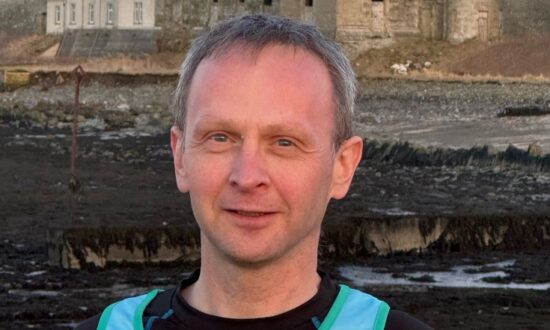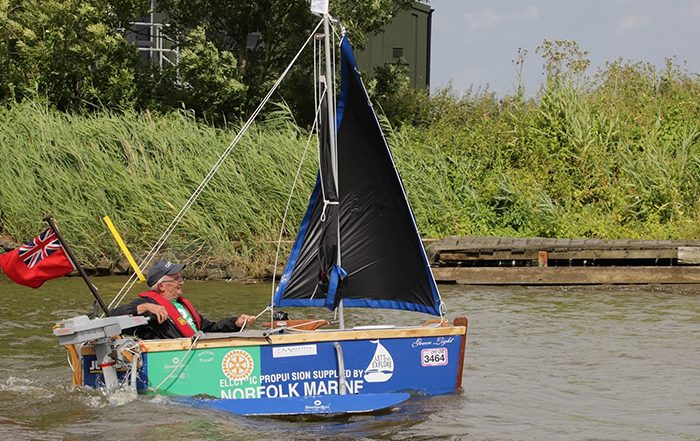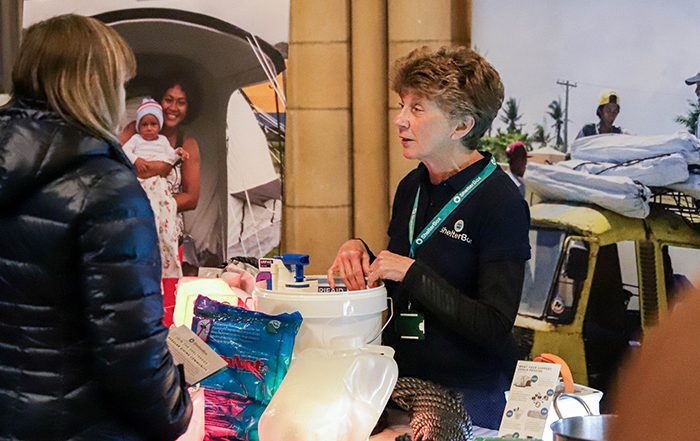
ShelterBoots: Dedicated Dave raises £11,500 for ShelterBox
Dave Foster walks more than 400 miles across England and Wales to raise money for ShelterBox.
Discover the latest news and updates from ShelterBox through our press releases.

Dave Foster walks more than 400 miles across England and Wales to raise money for ShelterBox.

Newquay woman embraces a litter picking challenge for ShelterBox's Tent for Lent Appeal

Derek Sinclair embarks on epic running challenge to raise funds for ShelterBox.

Our supporters continue to inspire us with their stories of how they have supported ShelterBox. You can read more about their achievements here.
Supporter stories
Our volunteers are a vital part of the ShelterBox team. Read more about their experiences supporting our work.
Volunteer stories